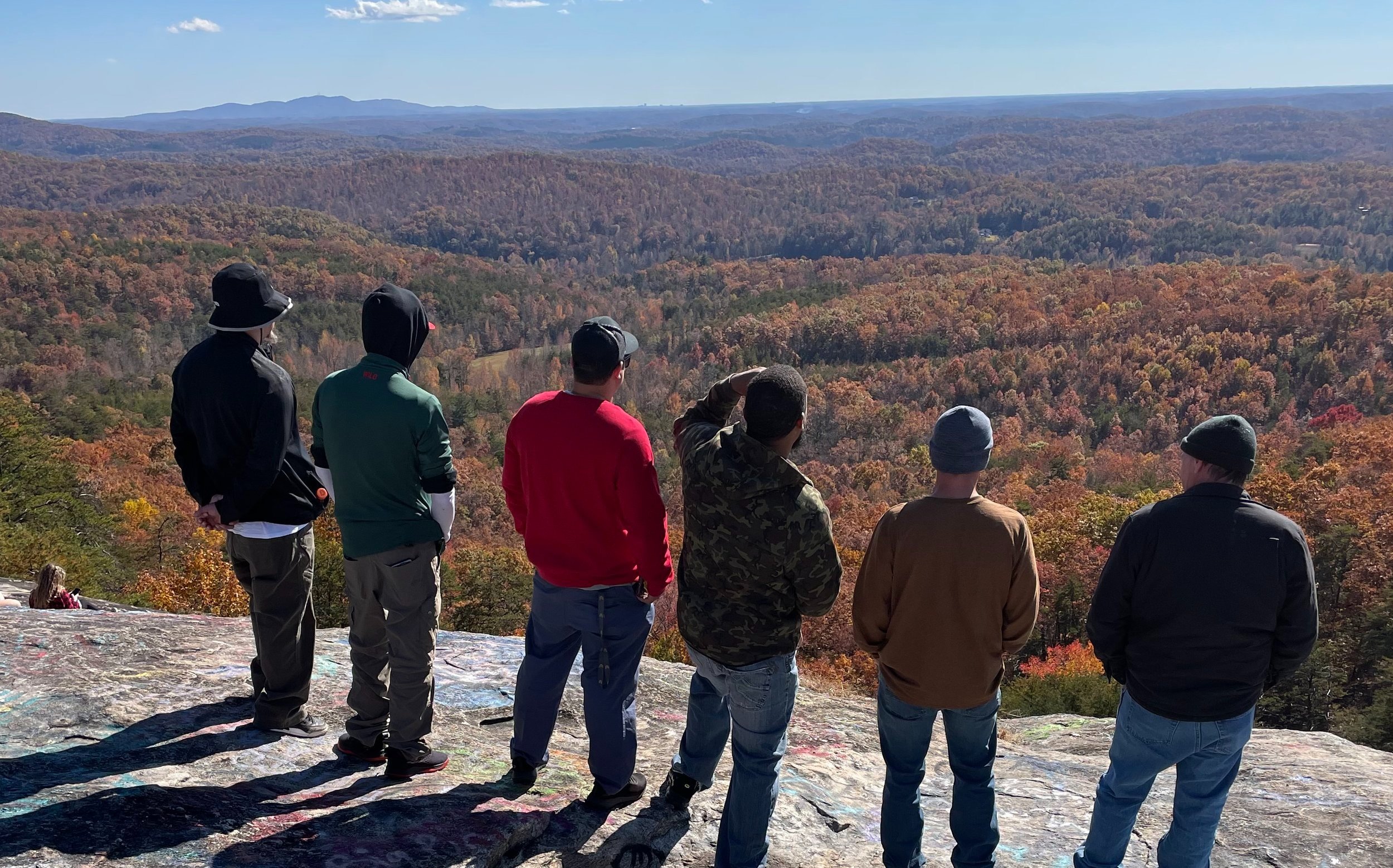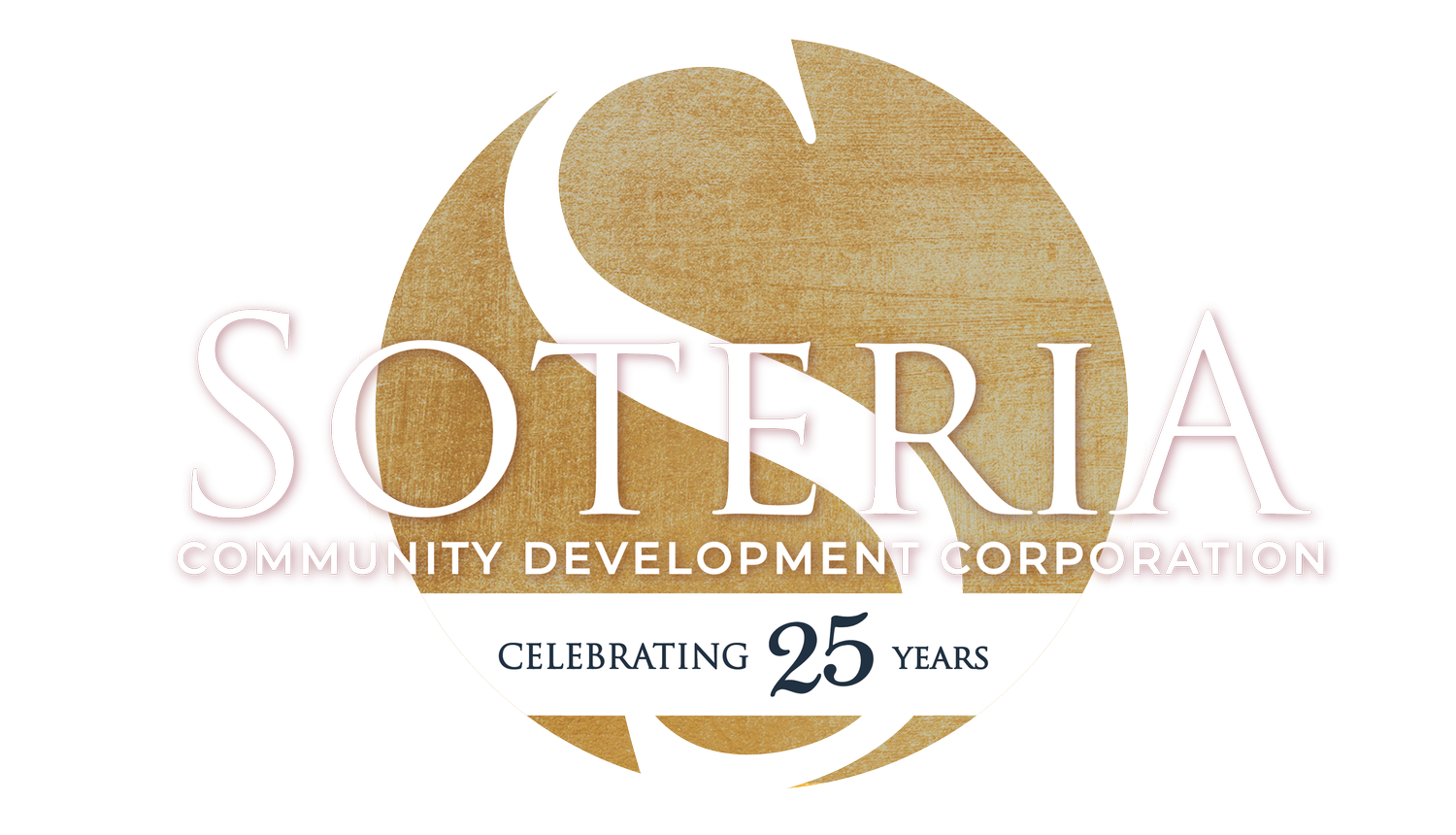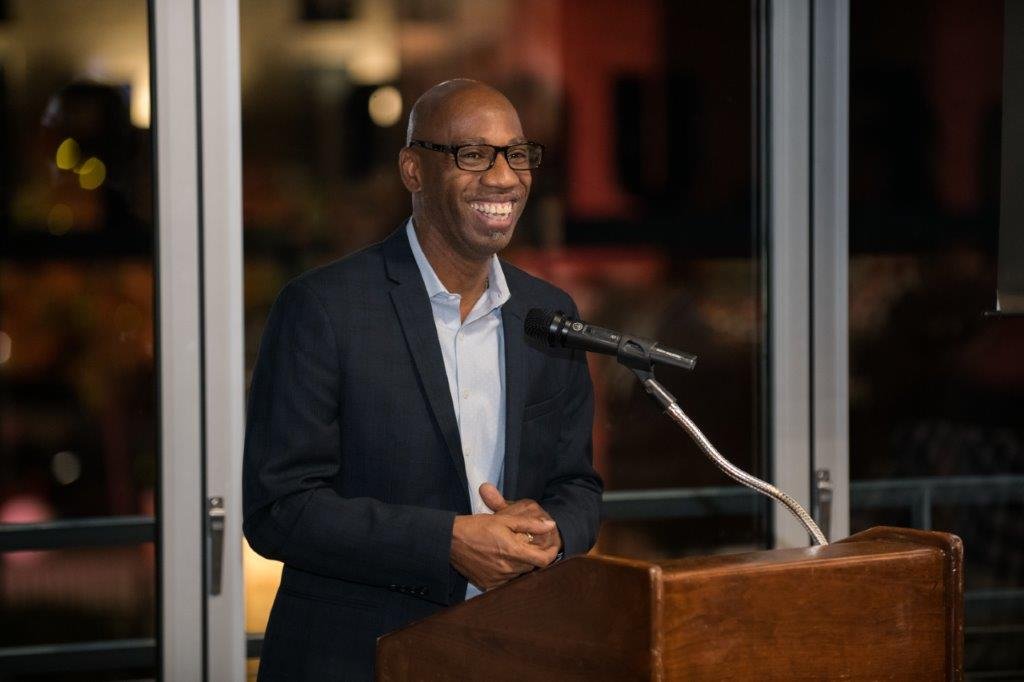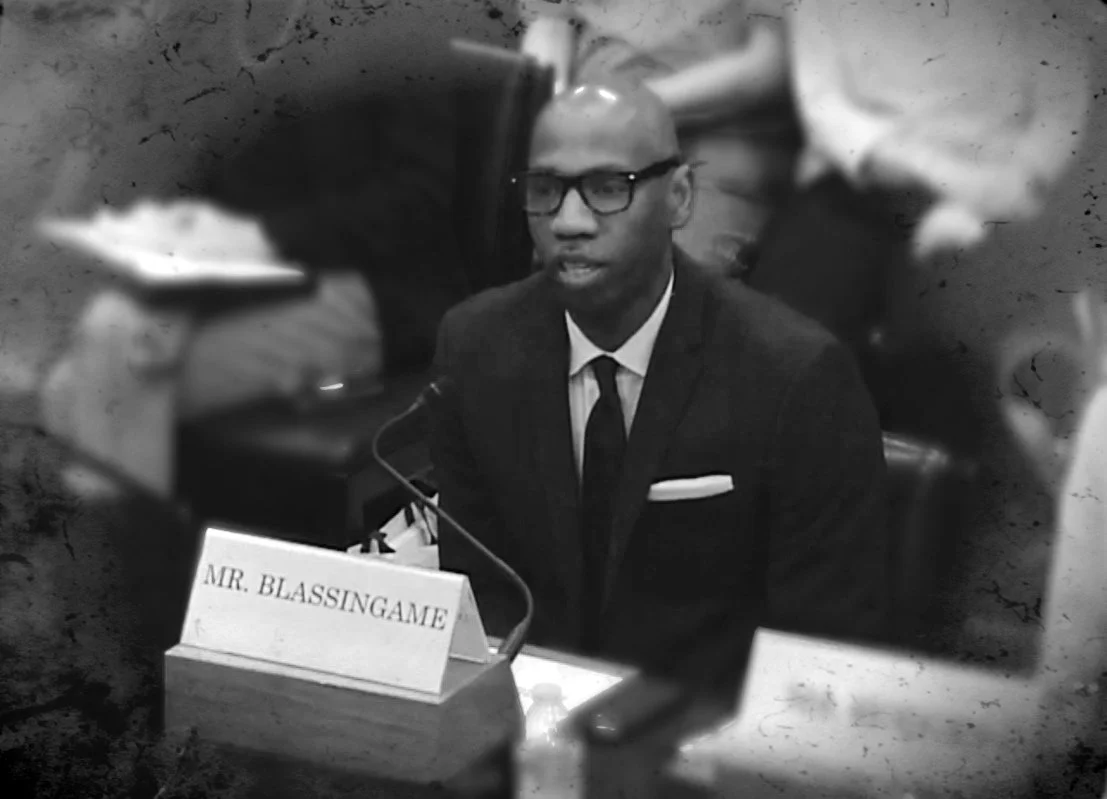
About Soteria
“Soteria” is the Greek word for Salvation, Deliverance, Preservation & Safety
Our Vision
Soteria CDC will be a model for successful faith-based initiatives, by aligning government, churches, non-profit organizations, and industry and community leaders in order to empower long-term positive change.
Our Mission
Soteria CDC advocates for economic and social justice for those and their families impacted by the criminal justice system. We work to create opportunities for previously incarcerated individuals to reenter society through transitional housing, life skills, and job training.
“Community development corporations are non-profits that help low-moderate income individuals become owners—homeowners and business owners—to give them a better way of life. We don’t go into communities and try to change communities; our goal is to go into communities and empower the people to become owners and leaders in their communities.”
— Jerry Blassingame, Unlocked
Our Story
Founded in 1999
It has been said that you never truly know someone until you’ve walked a mile in their shoes. This has been the reality for Soteria CDC—a ministry born from the personal experiences of a life redeemed while in prison. As Jerry Blassingame was serving a 20-year sentence, he gained an understanding of the troubles facing men and women when they are released from prison. He connected with other incarcerated individuals and eventually saw himself as a prime candidate to help change the patterns. He formed an idea for a ministry that would speak to men re-entering society, teach them life skills, and help them rebuild themselves and their communities. That ministry was Soteria CDC.
Housing
At the heart of our ministry is the place our interns call home.
Soteria House is not only a roof over the heads of men transitioning back into society after incarceration. It is a place of dignity and calm where they are assured of meals, clothes, rides to and from work, a schedule with responsibilities, and a place to work out or play basketball. It is a place of reflection, of daily journaling, of reading, of sharing meals together. By the end of our 6-12 month program, Soteria House often becomes a first experience of home.
Our first 6-12 month transitional home opened in 2001 with house on Mason Street that housed up to 4 men. We added a second home in 2002 on D Street and a third in 2003 on Goodrich. By that time, we could serve up to 13 men at a time across the three properties. In 2004, a property was donated to Soteria on Vance Street that included several homes in need of repair. By 2005, we opened two of the houses to serve 8 men and expanded our reentry services to include women by transitioning the home on Mason Street and acquiring a home on Hammett Street to serve women. Soon after, we closed our homes on D Street and Goodrich. By 2008, Soteria completed demolition and construction on (6) 2 bedroom, 3 bath energy-efficient homes on Vance Street and offered our first low-income rental properties to the community as “Village at Vance Street”. In 2008, we also purchased 3 duplexes on Miller Street to expand our low income rentals to include (6) 2 bed, 1 bath homes.
We continued to serve our men in several transitional homes around Greenville until 2017 when we acquired the Heart of Hannah facility on Old White Horse Road which allowed us to move all of our interns under one roof. By 2018, we had fifteen men residing at Soteria House and converted the previous transitional homes into low-income rentals. In 2022, Soteria opened a 16 bed facility for Women and extended our services once again to this underserved population who would otherwise experience homelessness after incarceration. In 2023, (4) 2 bedroom, 1 bath homes were donated to Soteria that we renovated and now offer as affordable rentals for our graduates. This addition brings our rental properties to 18 units.
We look forward to growing our low-income rentals through the development of a tiny home community that will provide 14 individuals with criminal backgrounds to have a safe and stable place to call home as they work to build a brighter future. We are currently fundraising for this project and expect to break ground within the next year.
Social Enterprise
Since its founding, Soteria Community Development Corporation (CDC) has included social enterprise as one of its tools for successful reentry. Originally teaching men how to work and run a landscaping business, Soteria broadened its services in 2008 to become certified in recycling. Under the brand, GreenStart, Soteria obtained a 5 year contract with the Greenville County School District and taught our interns the recycling business until 2014. In 2014, Soteria became certified in deconstruction, the selective dismantling and reclamation of building structures. We warehoused the wood we salvaged and started teaching our interns how to take the discarded wood and repurpose it into artifacts of value – like farm tables and sliding barn doors. Under the craftsmanship of our founder, the demand for our products grew, and we officially branded our deconstruction and woodworking business in 2017 as “Soteria at Work”. From day one, Soteria (or Salvation) has been at work here, transforming our men from the lives they would like to leave behind into the success that we know they can be.
Take a look at our Soteria At Work portfolio to see the incredible work that has come out of our woodshop.
On July 13, 2022, the dumpster outside of our workshop caught fire and instantly consumed our workshop. We lost the building, tools - everything. Soteria at Work focused on deconstruction projects and rental maintenance while we made plans for a new wood shop which came to fruition when friend of Soteria and renown woodworker Michael McDunn retired and offered to sell us his building and all of his tools. With the help of community partners and funders, Soteria purchased Michael’s wood shop and moved into our new home in the Fall of 2023. We are now open by appointment at the corner of North Main and Rutherford Road.
Advocacy
In 2004, Jerry found out that receiving a pardon did not erase his record or suspicion of his involvement in criminal activity. Probation & Parole attempted to shut down Soteria CDC that year because running an organization for previously incarcerated individuals by a man with a record seemed corrupt.
Pardons sound like they expunge records, but in fact – they do not.
Jerry has been fighting since 2004 to make changes in our laws to open doors to second chances after incarceration. Not only has he ensured that the doors to our Community Development Corporation stay open, but he has worked with Local, State, and National representatives to expunge pardons and to eliminate collateral consequences that continue to punish individuals with records after their time has been served.
Committed to Transparency
Recognizing the indispensable role of our supporters and partners in our work, Soteria CDC is committed to running our organization with the same principles of financial responsibility and accountability as those we instill in others. We recognize that transparency in our finances is an important part of that accountability; in that spirit, we are pleased to provide the financial reports and documentation for your review upon request.



